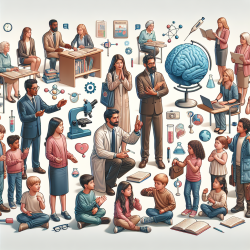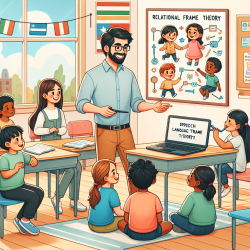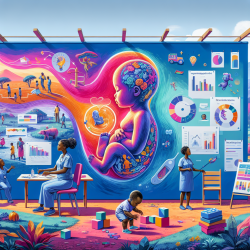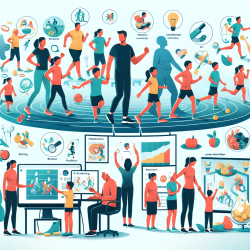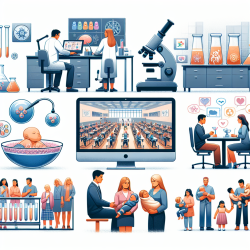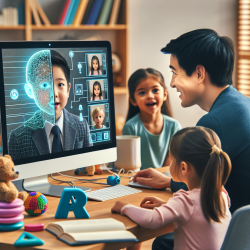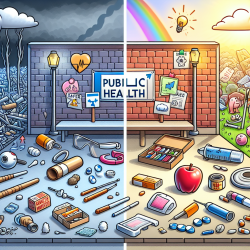As practitioners working with deaf or hard of hearing children, the journey of continuous learning and skill enhancement never ceases. One way to ensure that our practices are effective and up-to-date is by engaging with and implementing findings from relevant research. A pivotal resource in this realm is "My Turn To Learn: A Communication Guide for Parents of Deaf or Hard of Hearing Children" (1997), which offers valuable insights for both parents and practitioners.
Understanding the Research
The guide is a comprehensive resource that outlines strategies for improving communication skills among deaf and hard of hearing children. It emphasizes the importance of early intervention, consistent practice, and the role of parents and practitioners in the development of communication skills. By diving into this guide, practitioners can find evidence-based strategies that can be incorporated into their daily interactions and therapy sessions with children.
Key Takeaways for Practitioners
- Early Intervention: The research underscores the critical nature of early intervention in the development of communication skills. Practitioners are encouraged to advocate for and participate in early screening and intervention programs.
- Parental Involvement: A collaborative approach involving parents in the therapeutic process is highlighted as a cornerstone for success. Sharing strategies and progress with parents can empower them to reinforce learning at home.
- Customized Communication Strategies: Recognizing the individual needs of each child is crucial. The guide provides a range of strategies that can be tailored to suit the unique communication needs of every child, whether through sign language, oral communication, or a combination of methods.
- Consistent Practice: Regular and consistent practice is key to mastering communication skills. Practitioners can develop structured yet flexible programs that encourage frequent practice in a variety of settings.
Encouraging Further Research
While "My Turn To Learn" provides a solid foundation, it is essential for practitioners to continue seeking out and incorporating new research findings into their practice. Engaging with current studies, attending conferences, and participating in professional networks can offer fresh perspectives and innovative techniques that enhance our ability to support deaf and hard of hearing children effectively.
Implementing Research in Practice
Implementation of research findings into practice requires a reflective and adaptive approach. Practitioners should critically evaluate new evidence, considering its applicability and potential impact on their current methods. Experimentation with new strategies should be conducted in a controlled manner, with careful observation and documentation of outcomes. This reflective practice not only improves the quality of care provided but also contributes to the broader knowledge base by sharing successful interventions with the professional community.
Conclusion
The journey of enhancing our skills and practices as professionals working with deaf and hard of hearing children is ongoing. "My Turn To Learn" offers a valuable starting point, but it is through continuous learning, research engagement, and reflective practice that we can truly make a difference. By implementing research outcomes and encouraging further exploration, we can contribute to the development of more effective communication strategies that enrich the lives of the children we serve.
To read the original research paper, please follow this link: My Turn To Learn: A Communication Guide for Parents of Deaf or Hard of Hearing Children (1997).
